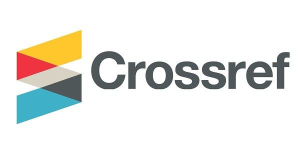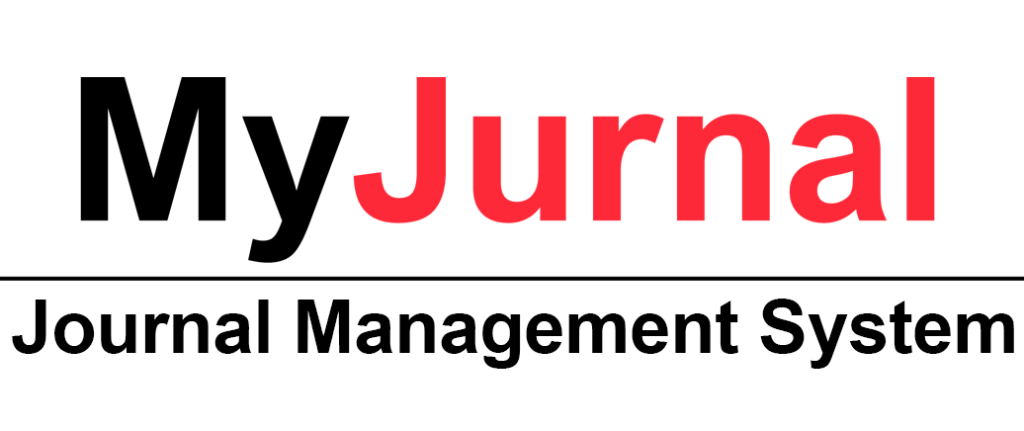Why Go to University? Exploring the Purpose of Attaining Higher Education among First-Born Students from B40 and M40 Malay Families
DOI:
https://doi.org/10.31436/ijes.v10i1.420Keywords:
Purpose, aspirations, higher education, young people, B40, M40, first-generation, second-generationAbstract
In recent years, conversations surrounding the purposes of higher education have been influenced by national policy discourse that is framed in relation to economic contexts. The preoccupation with labour market interests and employability issues continue to dominate the discussion on the purpose of higher education. This presents specific discursive constructions of what it means to attain higher education qualifications, and more broadly, in orienting the provision of higher education itself. While such views generate mixed response among different institutional stakeholders, the perspectives of young people who wish to pursue a university education are rarely considered in the discourse. This article aims to highlight the reasons behind young people’s aspirations to further their studies at the university level. Data were drawn from a series of semi-structured interviews with a purposive sample of fourteen first-born matriculation and foundation students from B40 and M40 Malay families. The findings demonstrate that intrinsic reasons were expressed alongside extrinsic, economic rationales as the students explained their motives to pursue higher education. While differences in the articulation of these reasons may not be sharply evident when comparison of socio-economic and generational status of the students is made, the notion of social mobility is relatively absent in the students’ accounts. Altogether, these findings illuminate the multiple views on the personal motives of attaining higher education, both corresponding to and in contrast with the instrumentalist view of higher education replete in contemporary state-projected discourse.
Metrics
Downloads
Published
How to Cite
Issue
Section
License
Copyright (c) 2022 IIUM Press, International Islamic University Malaysia

This work is licensed under a Creative Commons Attribution 4.0 International License.
The Journal will own copyright to all published works and have the right of first publication, both in print and online, unless other arrangements are made with the Editors in advance. It is the author`s responsibility to ensure that where copyright materials are included within an article the permission of the copyright holder has been obtained beforehand.























